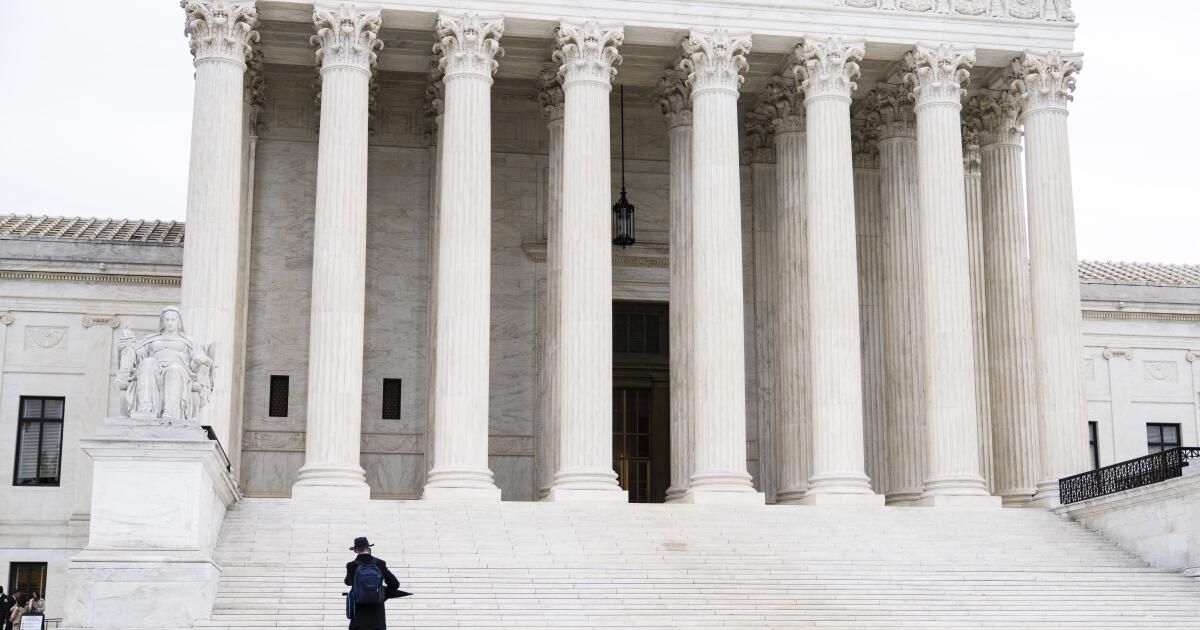There appear to be some limits to the fundamentalist approach to constitutional interpretation by the US Supreme Court. Thank God. The court on Friday rejected an argument that Texas' law to temporarily disarm people who present a credible threat does not violate the Second Amendment's protection of the right to keep and bear arms.
This makes common sense and will help protect people in effective “red flag” states like California, at least for the time being. A civil restraining order may include a requirement that the person surrender weapons, and more importantly, without being convicted of a crime first.
The case was widely seen as a test of the court's majority's principle that restrictions on constitutional rights must have some historical precedent.
Because there were no domestic violence restraining orders at the time the Second Amendment was adopted in the 18th century or the Fourteenth Amendment in the 19th century, a federal appeals court in Texas ruled that the civil order that disarmed Zackey Rahimi was an invalid, even though he had a long and disturbing history of gun violence and even though he made credible threats against his ex-girlfriend.
Only Justice Clarence Thomas dissented from Friday's decision against Rahimi, although other justices wrote separate concurring opinions to offer their own nuances to the application of the originalist doctrine.
However, the majority opinion relied on doctrine and stated that the “tradition of firearms regulation allows the Government to disarm individuals who present a credible threat to the physical safety of others.”
The practical implication is that states are not left completely powerless to regulate firearms in an era in which gun violence is an increasing threat. That's a good thing for Americans, who have a right to be protected not only from their government, but also from people who would harm them while hiding beyond the protection of constitutional provisions if the Supreme Court applied them too broadly.
The ruling comes on the heels of the court's decision striking down a federal regulation banning the use of “bump stocks,” which can allow a semi-automatic weapon to fire as quickly as machine guns, which are generally banned.
Reasonable state restrictions on guns were widely assumed to be valid until the court's 2008 opinion in District of Columbia v. Heller, which struck down a law restricting gun ownership in the home. Two years ago, at the New York Rifle and Pistol Association. v. Bruen, the court struck down a law restricting the carrying of concealed weapons in public and more fully articulated his view that “history and tradition” should guide constitutional interpretation.
Bruen's decision led the Texas appeals court to overturn the restriction in the Rahimi case. This raises the question: Did the court in Friday's decision intend to reverse its overly expansive Bruen ruling? The answer to this won't come until more Second Amendment cases are taken up.












